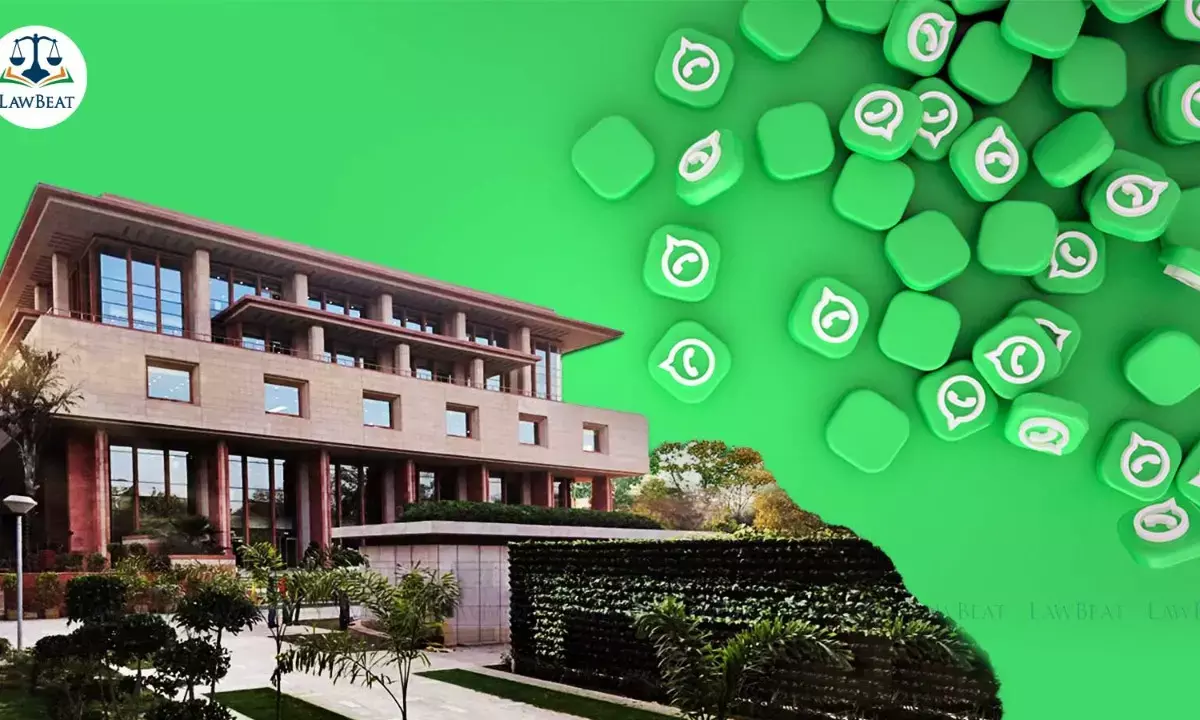Delhi HC Mandates WhatsApp, Email Alerts To Donor, Recipient for Organ Transplant Documentation Issues

Justice Prathiba M. Singh emphasized the need for structured and timely decision-making to ensure systematic functioning and reduce prolonged waiting periods
The Delhi High Court, on Monday, held that any communication regarding deficiencies in documentation or procedural formalities must be sent via email or WhatsApp to the donor or recipient or their close relatives, ensuring proof of communication.
The bench of Justice Pratibha M Singh held, “Whenever communication needs to be given to either the donor or the recipient regarding deficiencies in documentation or any procedural formalities, a communication shall be sent by email or to the mobile number via WhatsApp to the said donor or the recipient or any of their close relatives, ensuring that there is proof of communication”.
The order was passed in a case filed by a kidney patient who sought an order against the hospital in refusing his plea for transplant and subsequently the delay taken by them in such a decision. The court addressed the procedural delays in the organ transplantation process under the Transplantation of Human Organs and Tissues Act, 1994 (THOTA). Justice Prathiba M. Singh emphasized the need for structured and timely decision-making to ensure systematic functioning and reduce prolonged waiting periods.
Court found that the existing timelines outlined in the communication dated January 24, 2022, were inadequate due to uncertainties. The communication diluted the timelines established under Rule 23 of the 2014 Rules and did not specify a timeline for the Authorisation Committee to schedule donor interviews, potentially causing significant delays.
Court directed that clear timelines be established for several critical steps in the transplantation process:
- Steps and Timelines for Consideration:
- Processing of applications under Rule 11 of the 2014 Rules: Maximum of 10 days from the application date.
- Verification of documents as per Form 20 of the 2014 Rules: Maximum of 14 days.
- Additional Timelines for Specific Steps:
- Documentation Completion: Any opportunity given to the donor or recipient to complete the required documentation needed to be communicated within the prescribed timeline under the 2014 Rules.
- The donor or recipient should have been given a maximum of one week to respond.
- Further opportunities, if necessary, should have been granted with a strict deadline after due consideration.
- Upon the expiration of this timeline, the case should have been presented to the Authorisation Committee.
- Scheduling Interviews by the Authorisation Committee:
- After receiving the application, the interview should have been scheduled within a 2-week period, following a 4 to 6-week preparation window.
- During the 2-week interview period, the Authorisation Committee should have:
- Conducted the interview of the donor/recipient on one or two occasions.
- Facilitated a meeting with family members of both the donor and recipient.
- Communicated the decision in accordance with Rule 23 of the 2014 Rules.
- The entire process, from submission to decision, should ideally not have exceeded 6 to 8 weeks.
- Appeal Process: Under Rule 33, any appeal against an order should have been decided within a maximum of 30 days.
Court highlighted that non-adherence to these timelines had resulted in waiting periods of 2 to 3 years in some cases, causing significant mental and physical anguish for both donors and recipients. Therefore, clear and prompt communication regarding the application was deemed essential.
Court further clarified that any communication regarding deficiencies in documentation or procedural formalities must be sent via email or WhatsApp to the donor or recipient or their close relatives, ensuring proof of communication.
With these modifications, court ordered the implementation of the timelines contained in the communication dated May 3, 2024, by all Authorisation Committees functioning under THOTA. It also called for adequate publicity of the timelines and the order to ensure compliance by hospitals and governmental authorities.
Case Title: Amar Singh Bhatia & Anr. v Sir Ganga Ram Hospital & Ors. (2024:DHC:4132)
